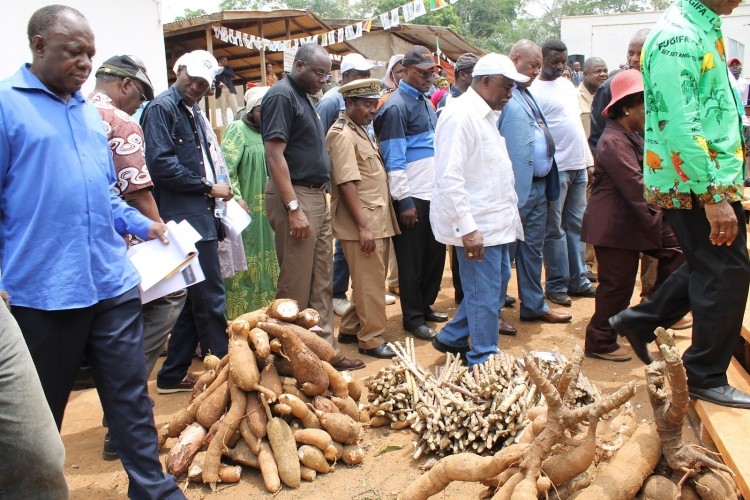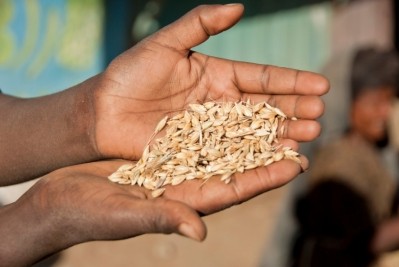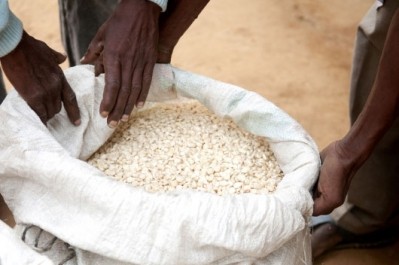Cassava bread could tackle food security in Africa

The International Fund for Agricultural Development (IFAD) has launched two projects to drive improved cassava cultivation and use.
The first three-year project aimed to enhance competitiveness of the high quality cassava flour chain in western and central Africa and the second 18-month project would improve quality, nutrition and health impacts of cassava in breads in Nigeria and Ghana.
The projects would not only improve food security, IFAD said, but also the livelihoods of farmers in sub-Saharan Africa.
Alfred Dixon, project leader for cassava sustainable weed management at The International Institute for Tropical Agriculture (IITA), described cassava as a “poverty fighter”.
“Africa has a comparative advantage in cassava production… So let us use cassava to get what we want,” he told attendees at the launch of both IFAD projects.
Baking up change
The IITA will head up the improved nutrition and health project in conjunction with a professor from McGill University in Canada.
Recent research from IITA found it was possible to bake bread with 40% cassava flour and 60% wheat flour – “showing bakers a window of possibilities”, IFAD said.
The inclusion of such levels would be a “major step that would address food insecurity, create jobs especially for the rural youth, and improve incomes”, it added.
Last year, the Food and Agriculture Organization (FAO) touted cassava flour as a ‘promising’ ingredient that was stable in cost terms.
NeBambi lutaladio, team leader for crop diversification at the FAO, told BakeryandSnacks.com that compared to maize and wheat, cassava was cheaper because the price was based on local production.
However, he said there remained issues around the production of the flour on a large scale. “You need to invest in the processing. The private sector should invest in this and government should provide incentives,” he said.
Strengthening the value chain
IFAD agreed that the supply chain needed improvement, but added the problems ran through to farming level.
Cassava supported around 300 million livelihoods in sub-Saharan Africa, it said, but the underdevelopment of the value chain and crop spoils after harvesting was holding the sector back.
The processing and production project would help this, it said, by encouraging the adoption of improved technologies and pilot testing other production options for cassava.
















